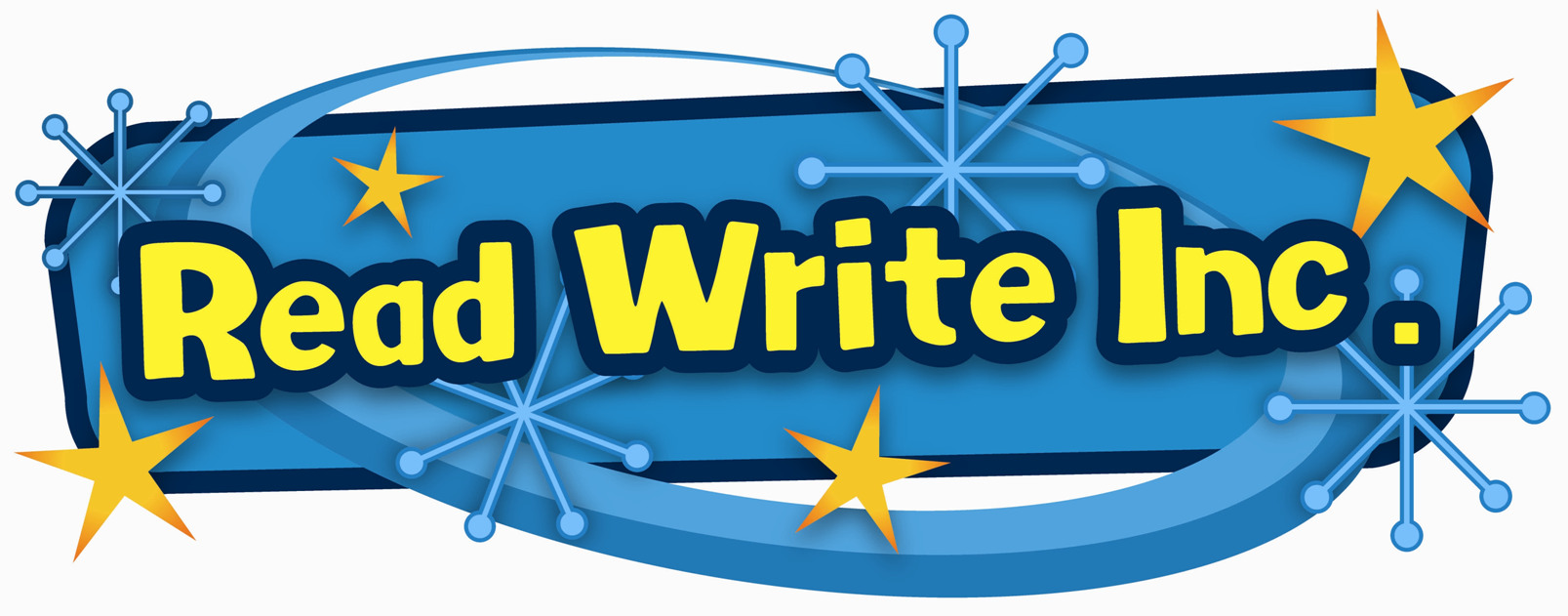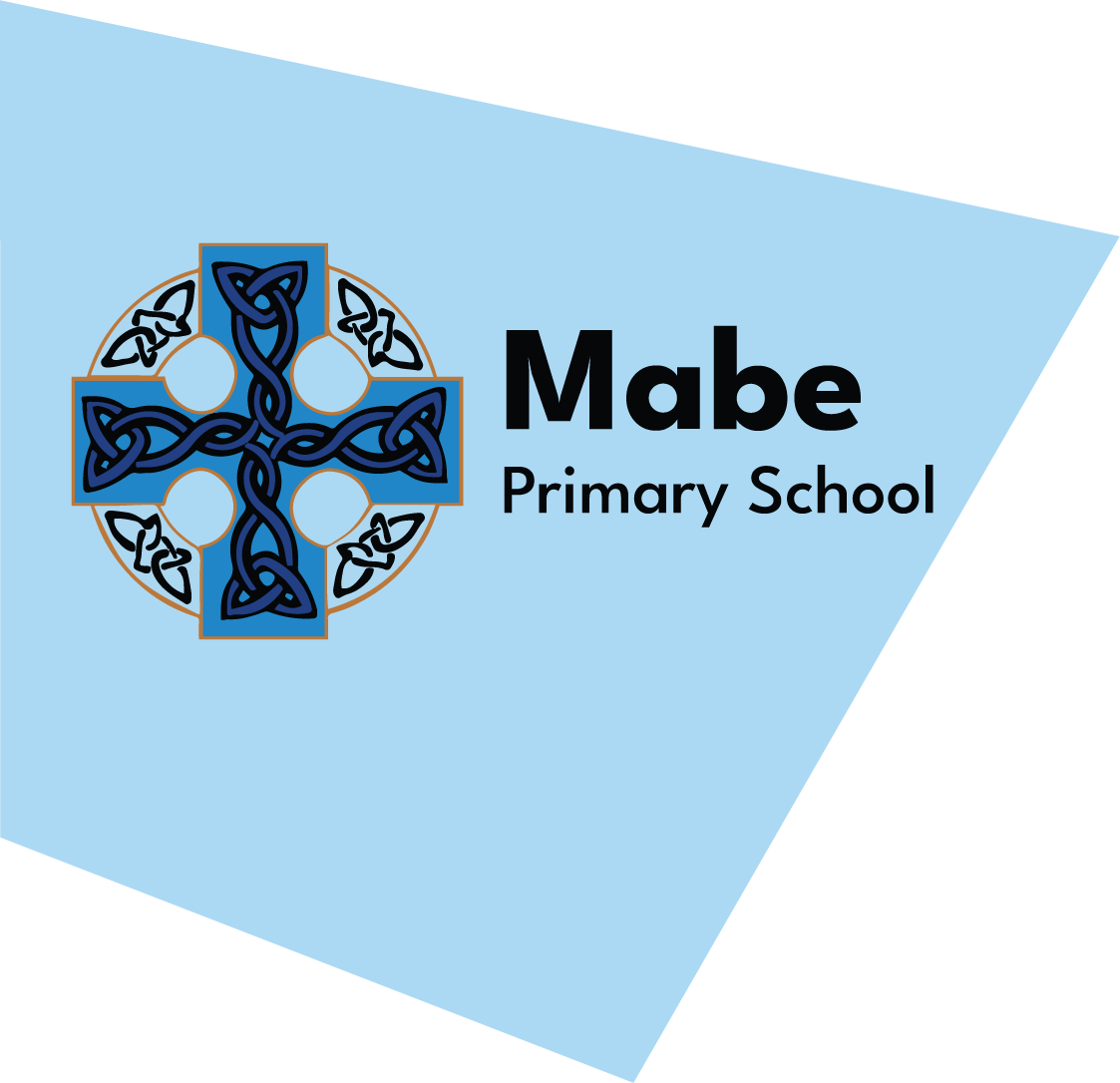
Subject Information
Please click below for our wider curriculum overview.
Please click on a subject title below to find out how each subject
Art
Computing
Design & Technology
English

At Mabe Primary School, we use the ‘Read Write Inc’ phonics programme designed by Ruth Miskin to teach early reading. The structured programme helps all children learn to read fluently and at speed so they can focus on developing their skills in comprehension, vocabulary and spelling. At the core of the programme is the lively and vigorous teaching of synthetic phonics. Children learn the 44 common sounds in the English language and how to sound-blend words for reading (decoding) at the same time as developing handwriting skills and spelling (encoding).
We have found that by using the Read Write Inc. programme, children experience success from the very beginning of their reading journey. Lively phonic books are then closely matched to their increasing knowledge of phonics and as children re-read stories their fluency increases. The stories include prompts to support thinking out loud and discussions, helping children develop the skills they need to be successful storytellers.
Read Write Inc. lessons are fun and engaging and all staff who deliver the reading sessions are fully trained. The lessons are taught daily and pupils are regularly assessed and grouped to enable appropriate challenge and pace throughout the programme.
French
Geography
History
Music
Personal, Social, Health, Economics
What is PSHE Education?
PSHE Education (Personal, Social, Health and Economic Education) is a planned programme of learning through which children and young people acquire the knowledge, understanding and skills they need to successfully manage their lives – now and in the future. As part of a whole-school approach, PSHE Education develops the qualities and attributes pupils need to thrive as individuals, family members and members of society.
What do schools have to teach in PSHE Education?
As set out in the National Curriculum, every school needs to have a broad and balanced curriculum that:
• promotes the spiritual, moral, social, cultural, mental and physical development of pupils at the school;
• prepares pupils at the school for the opportunities, responsibilities and experiences of later life;
• promotes British values.
From September 2020, primary schools in England also need to teach Relationships and Health Education as compulsory subjects and the Department for Education strongly recommends this should also include age-appropriate Sex Education.
Schools also have statutory responsibilities to safeguard their pupils (Keeping Children Safe in Education, DfE, 2019) and to uphold the Equality Act (2010).
The Jigsaw Programme supports all
What is Jigsaw, the mindful approach to PSHE, and how does it work?
Jigsaw is a whole-school approach and embodies a positive philosophy and creative teaching and learning activities to nurture children’s development as compassionate and well-rounded human beings as well as building their capacity to learn.
Jigsaw is a comprehensive and completely original PSHE Education programme (lesson plans and teaching resources) for the whole primary school from ages 3-11. Written by teachers and grounded in sound psychology, it also includes all the statutory requirements for Relationships and Health Education, and Sex Education is also included in the Changing Me Puzzle (unit).
Jigsaw has two main aims for all children:
• To build their capacity for learning
• To equip them for life
Jigsaw brings together PSHE Education, compulsory Relationships and Health Education, emotional literacy, mindfulness, social skills and spiritual development. It is designed as a whole school approach, with all year groups working on the same theme (Puzzle) at the same time at their own level. There are six Puzzles (half-term units of work) and each year group is taught one lesson per week. All lessons are delivered in an age- and stage-appropriate way so that they meet children’s needs.
Each Puzzle starts with an introductory assembly, generating a whole school focus for adults and children alike. There is also a Weekly Celebration that highlights a theme from that week’s lesson across the school encouraging children to live that learning in their behaviour and attitudes.
How does Jigsaw work at Mabe primary school?


Physical Education
Religious Education
Science
